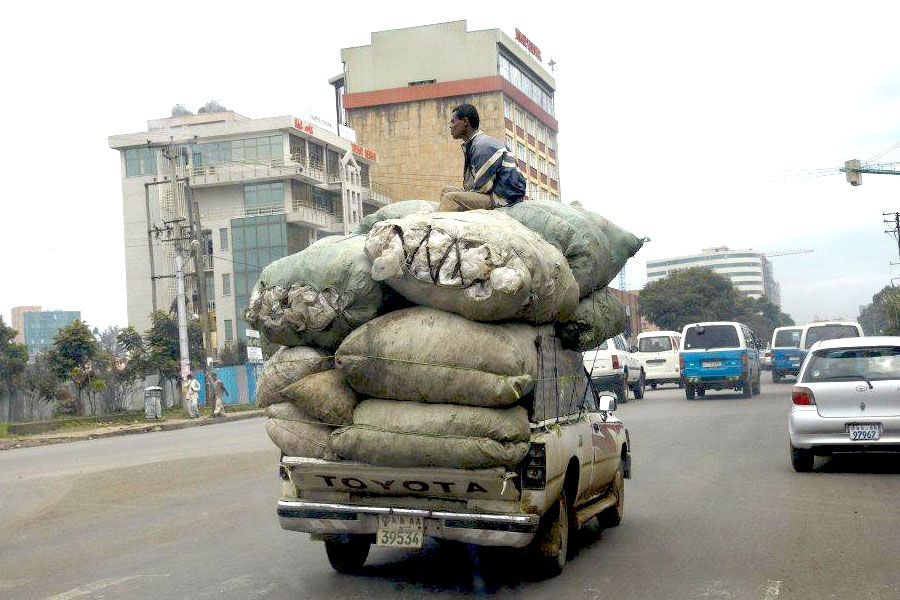
Fortune News | May 25,2024
Nov 19 , 2022
By Abraham Tekle
People tend to pick sides by reckoning the climate. Popular opinions get sanctioned by the majority, while those with views outside the box face risk of isolation.
In theory, popular opinion can be publicly voiced without fear of sanctions. Individuals push their conformist ideas if it aligns with the majority. They tend to join the dominant group even if it does not align with their values for fear of isolation. Others habitually keep their views to themselves because coming forward with an unpopular position would lead to exclusion from the social structure.
This is a fear of isolation and separation known as a "spiral of silence", a political and communication theory first introduced by Elisabeth Noelle-Neumann in the early 1970s. It explains the Jews' fear of isolation during the repressive era under the Nazis during World War II and reflects on silence in the situation to avoid what awaits otherwise. The theory is an essential tool to test an audience's response to an issue and whether views are compatible with environmental cues.
It is more evident in a socially networked environment like ours. Those who dare not conform to social norms and are labelled as outliers face the threat of isolation. They are mindful of forwarding dissenting views despite their expertise. They are compelled to remain timid and self-conscious, undermining their public toles. With due awareness or political motivation, this dark side has become the customary practice, especially in recent times.
Current affairs could illustrate where the outliers would not ponder their views in public for fear of isolation or the consequences. It is discord as a conspicuous contrast to the deep polarisation among the people under siege. It is an uncharacteristic practice to see in a socially bounded network.
The digital platforms catalyzed the egregious experiences civilians have gone through. Its effect has been witnessed as the "unpopular" views were cornered with backlashes. Many are seen as reserved from engaging in discussions for fear of retribution and societal isolation. Here, the application of initiatives is curtain openers. Organised initiatives by making institutions accessible and accountable when affected citizens reported what happened to them during the conflict. Citizens' engagement and participation are central to these endeavours. This could be done by creating a platform to speak freely.
How do we enhance public engagement in open government initiatives such as atrocities so that citizens can report their misfortune regardless of the risk of retaliation? How does the government ensure the initiatives work? How does the government ensure the safety of the affected?
These are questions that need to be answered soon.
There is a continuous need to make law enforcement institutions credible to ensure timely responses to individuals who are victims of abuse. These institutions need to provide feedback about the issues raised to the public to engage. Sometimes, it is helpful to remember that the affected constitute the majority.
Outlining the atrocities that have fueled conflicts may inflict tensions across the northern part of the country where the worst crimes, such as civilian massacres, left people traumatised.
It is promising to see discussions of transitional justice and accountability and the work to rebuild and rehabilitate war-affected areas in Tigry, Amhara and Afar regional states. The international and domestic responses to the peace accord following the recent agreements are encouraging. However, the issues of justice and accountability are delicate as the public turns a blind eye to what has happened to civilians. The government and the public must participate in the initiatives and show solidarity.
Despite individual differences in priority, concern and preference, supporting those in need is an act of humanity.
PUBLISHED ON
Nov 19,2022 [ VOL
23 , NO
1177]
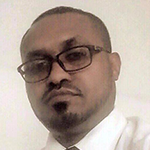

Fortune News | May 25,2024
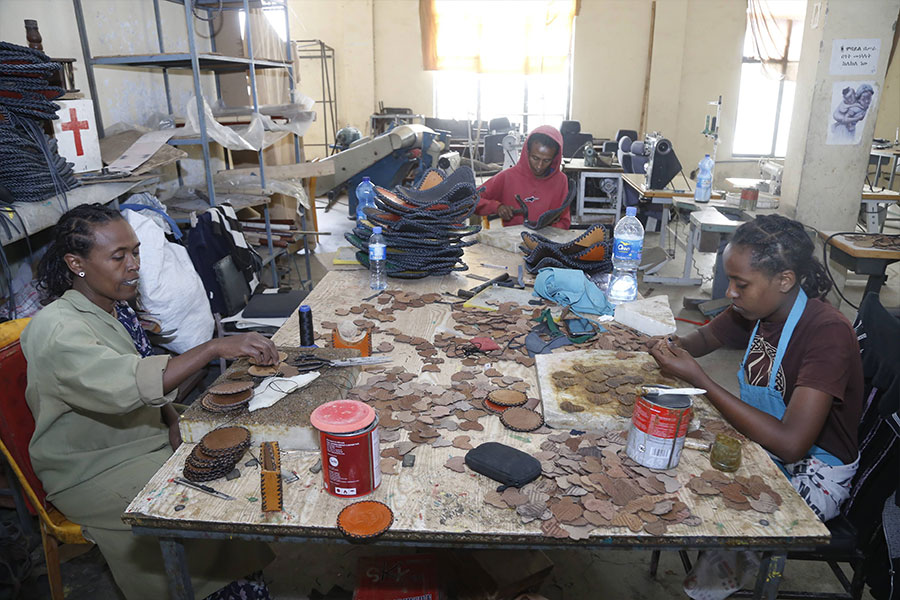
Agenda | Apr 09,2022

Radar | Oct 03,2020
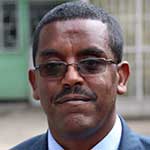
Verbatim | Nov 02,2019

Viewpoints | Jan 03,2021

Fortune News | Jun 05,2021

Commentaries | Aug 03,2019

My Opinion | Dec 19,2021

Verbatim | Apr 24,2021
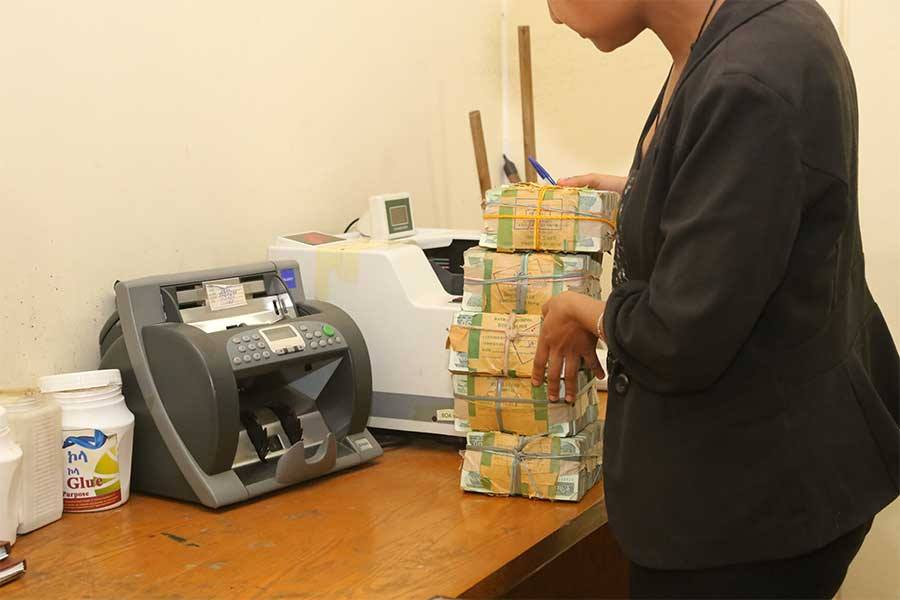
Fortune News | May 20,2020

Photo Gallery | 179532 Views | May 06,2019

Photo Gallery | 169728 Views | Apr 26,2019

Photo Gallery | 160657 Views | Oct 06,2021

My Opinion | 137188 Views | Aug 14,2021
Commentaries | Oct 25,2025

Dec 22 , 2024 . By TIZITA SHEWAFERAW
Charged with transforming colossal state-owned enterprises into modern and competitiv...

Aug 18 , 2024 . By AKSAH ITALO
Although predictable Yonas Zerihun's job in the ride-hailing service is not immune to...

Jul 28 , 2024 . By TIZITA SHEWAFERAW
Unhabitual, perhaps too many, Samuel Gebreyohannes, 38, used to occasionally enjoy a couple of beers at breakfast. However, he recently swit...

Jul 13 , 2024 . By AKSAH ITALO
Investors who rely on tractors, trucks, and field vehicles for commuting, transporting commodities, and f...

Oct 25 , 2025
The regulatory machinery is on overdrive. In only two years, no fewer than 35 new pro...

Oct 18 , 2025
The political establishment, notably the ruling party and its top brass, has become p...

Oct 11 , 2025
Ladislas Farago, a roving Associated Press (AP) correspondent, arrived in Ethiopia in...

Oct 4 , 2025
Eyob Tekalegn (PhD) had been in the Governor's chair for only weeks when, on Septembe...

Oct 25 , 2025 . By YITBAREK GETACHEW
Officials of the Addis Abeba's Education Bureau have embarked on an ambitious experim...

Oct 26 , 2025 . By YITBAREK GETACHEW
The federal government is making a landmark shift in its investment incentive regime...

Oct 29 , 2025 . By NAHOM AYELE
The National Bank of Ethiopia (NBE) is preparing to issue a directive that will funda...

Oct 26 , 2025 . By SURAFEL MULUGETA
A community of booksellers shadowing the Ethiopian National Theatre has been jolted b...